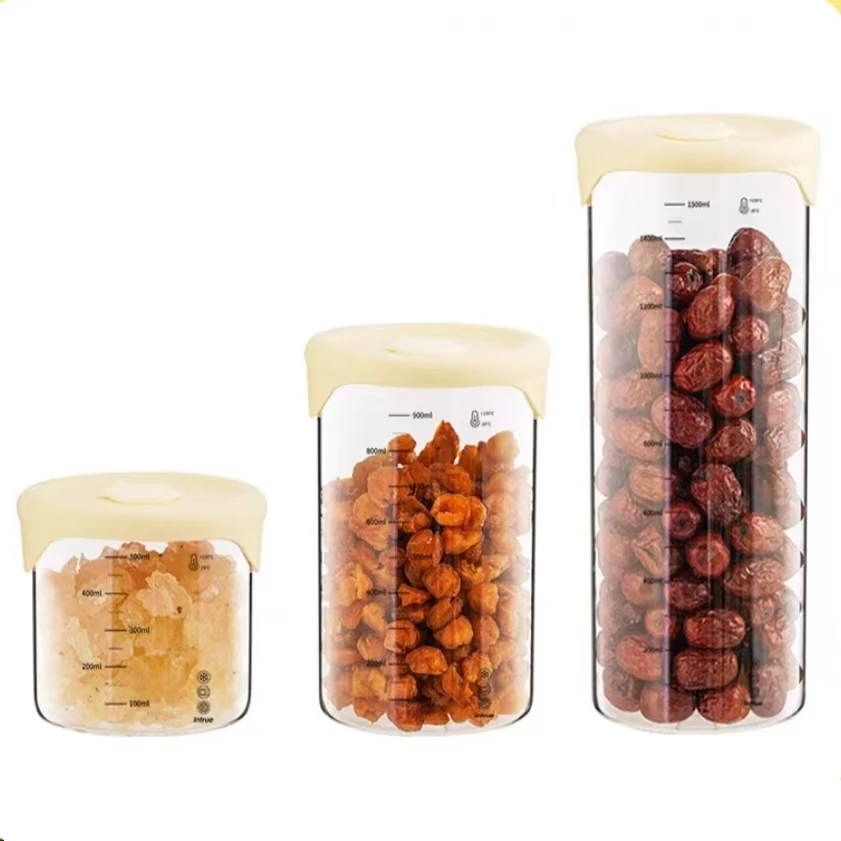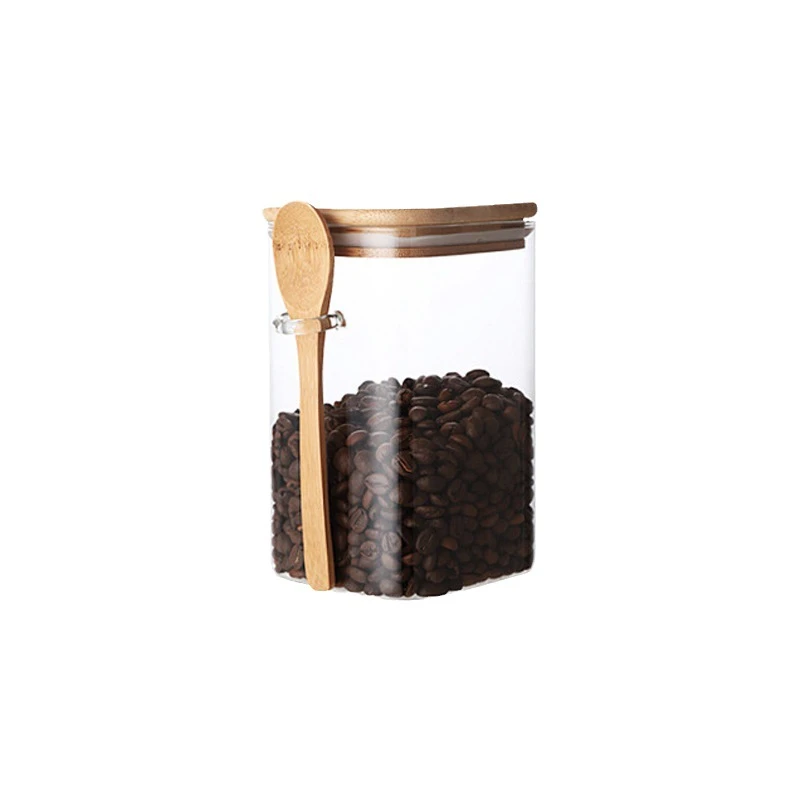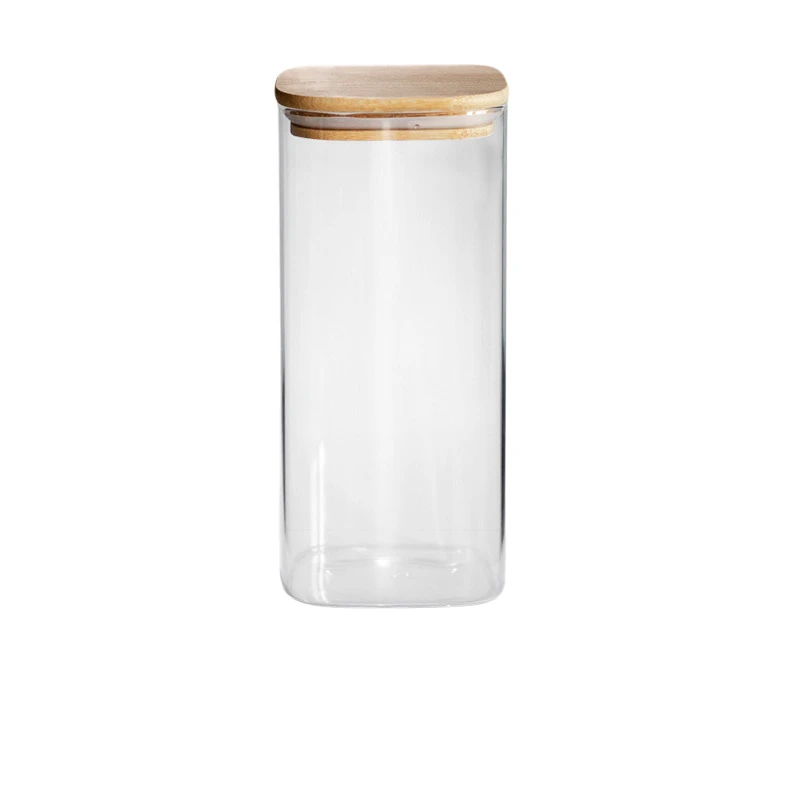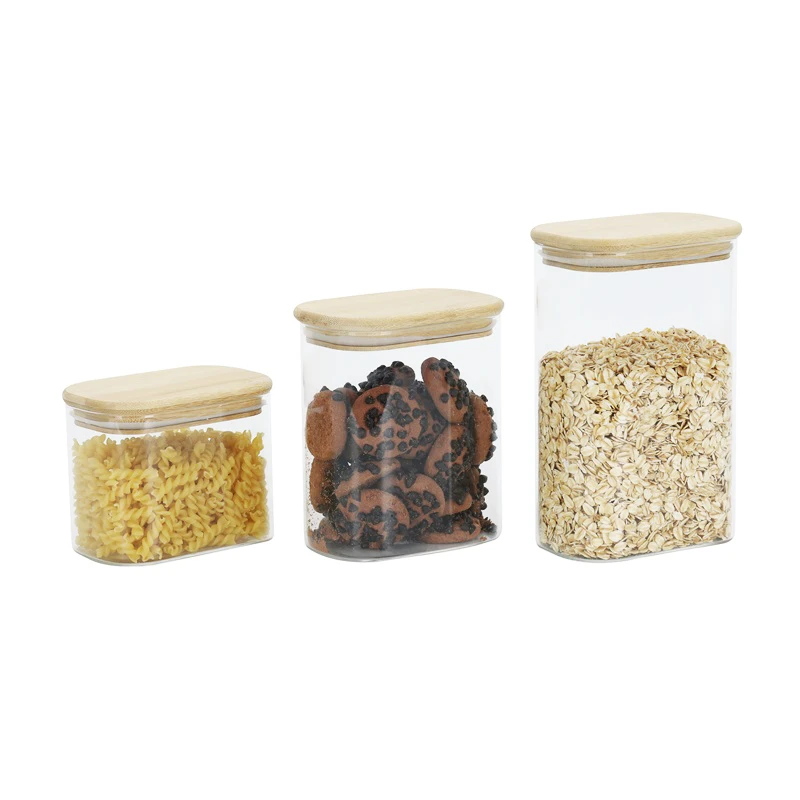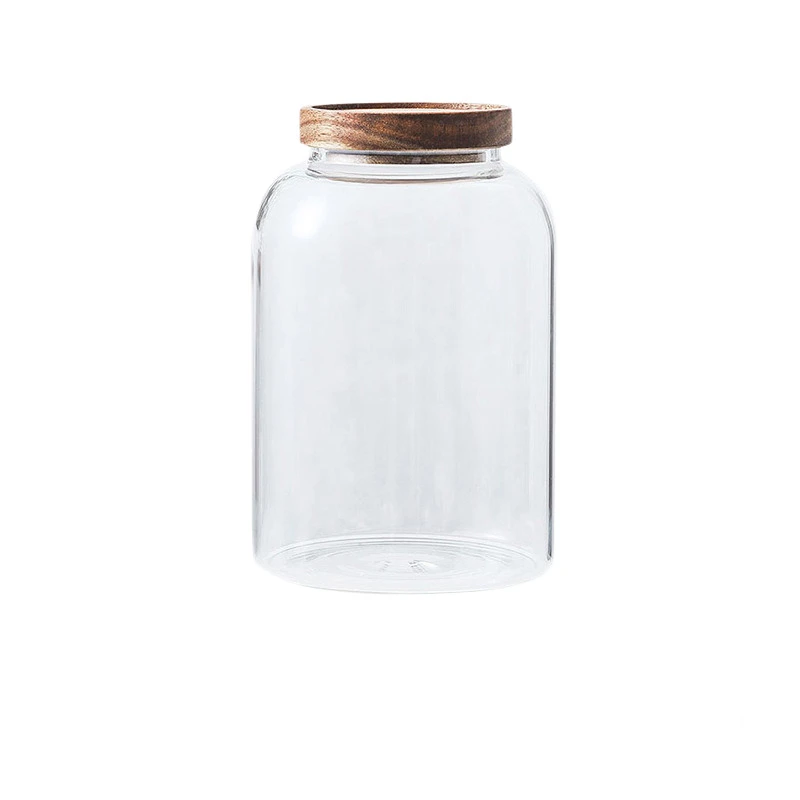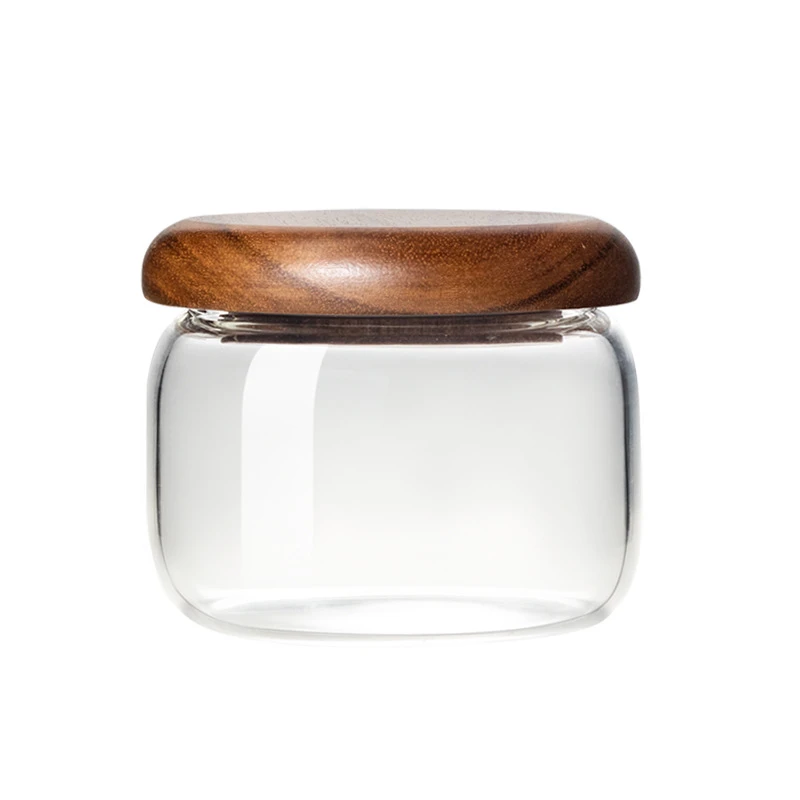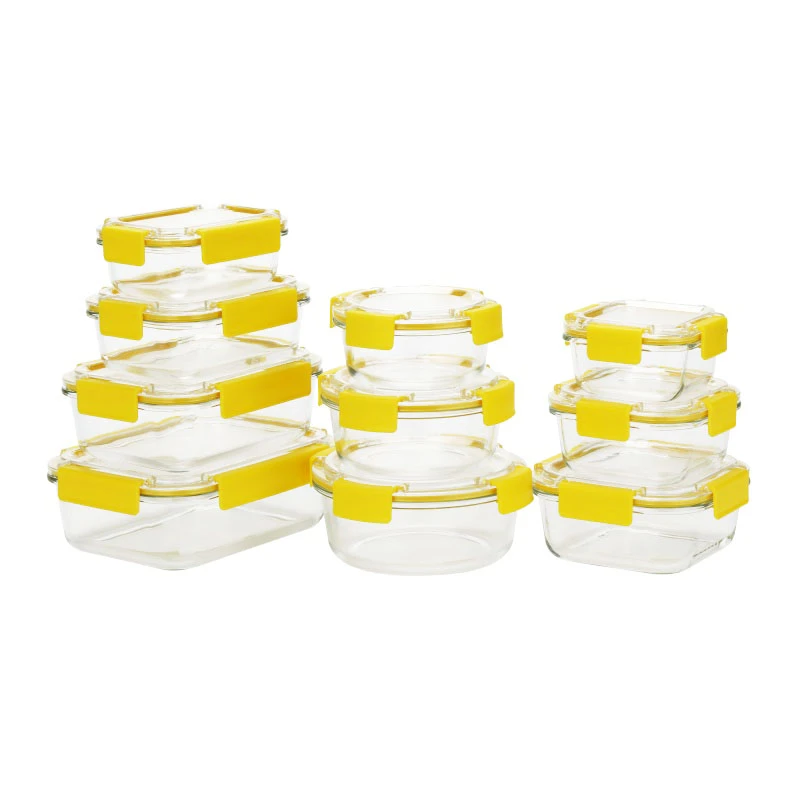 TEL: +86 311 67799298
TEL: +86 311 67799298 Email: tina@yintoglassware.com
Email: tina@yintoglassware.com
seal for glass jar
Seal for Glass Jar A Comprehensive Guide
When it comes to preserving food, storage solutions play a crucial role in maintaining freshness and preventing spoilage. One of the most popular and effective methods for storing food is using glass jars, which are not only aesthetically pleasing but also eco-friendly. However, the effectiveness of a glass jar in protecting its contents largely depends on the quality of the seal. In this article, we will delve into the importance of seals for glass jars, the various types available, and tips for ensuring your food stays fresh for longer.
The Importance of Seals
A reliable seal is vital for any storage container, and glass jars are no exception. Proper sealing keeps air and moisture out, preventing oxidation and bacterial growth, both of which can lead to spoilage. For home canning enthusiasts, using a good seal is particularly critical. A tight seal ensures that preserves, jams, pickles, and other homemade items maintain their flavor, texture, and nutritional value over time.
In addition to preserving food, a good seal also helps prevent the transfer of odors between different items stored in the same environment. This is especially important when dealing with spices or aromatic foods, as unwanted scents can alter the taste of preserved items.
Types of Seals
There are several types of seals for glass jars, each designed for specific purposes. The most common types include
1. Metal Lids with Rubber Gaskets Often seen in canning applications, these lids create a vacuum seal when properly closed. The rubber gasket compresses against the glass, blocking air and moisture.
2. Screw-Top Lids These lids twist onto the jar, providing a secure seal. They are ideal for dry goods and items that don't require a vacuum seal.
3. Snap-On Lids These lids function similarly to metal lids but are typically made of plastic. They provide an airtight seal and are often reusable, making them a popular choice for both storage and canning.
seal for glass jar

4. Swing-top or Flip-top Seals These lids feature a hinge mechanism and a rubber gasket that creates a tight seal. They are excellent for liquids like homemade beverages and are easy to open and close.
Tips for Ensuring a Good Seal
To make the most of your glass jars and their seals, consider the following tips
1. Clean and Inspect Before sealing, always clean the rim of the jar to remove any residue that could prevent a secure seal. Regularly inspect your lids and gaskets for damage or wear.
2. Follow Proper Canning Techniques If you're canning, follow trusted recipes and techniques. Using the right processing time and temperature is essential for achieving a good seal.
3. Leave Space When filling jars, leave appropriate headspace (the space between the food and the jar lid). This is especially important in canning as it allows for the expansion of food during the heating process.
4. Check the Seal After sealing, press down in the center of the lid. If it flexes up and down, the seal is not secure. For metal lids, ensure they are properly sealed by having a concave shape after cooling.
5. Store Properly Store jars in a cool, dark place to further protect their contents. Avoid exposure to direct sunlight or extreme temperature fluctuations, which can compromise the seal.
Conclusion
A good seal is essential for preserving the freshness and quality of food stored in glass jars. By understanding the types of seals available and following best practices for sealing, one can effectively prolong the life of homemade preserves and other stored items. Whether you are a seasoned canner or simply looking for an effective storage solution, investing in quality glass jars and ensuring proper sealing techniques will help you enjoy your food for months to come.
-
YINTO's colored glass bowls hold stories, not just foodNewsAug.24,2025
-
Exquisite Colored Glass Dinnerware Crafted from Volcanic SandNewsAug.24,2025
-
YINTO's colored glass dinnerware: edible art's canvasNewsAug.24,2025
-
A Blue Glass Dinner Plate with an Integrated NFC ChipNewsAug.24,2025
-
The Ultimate Defense Against Lukewarm RegretNewsAug.24,2025
-
YINTO's double coffee wall cup: A silent thermal revolutionNewsAug.24,2025



